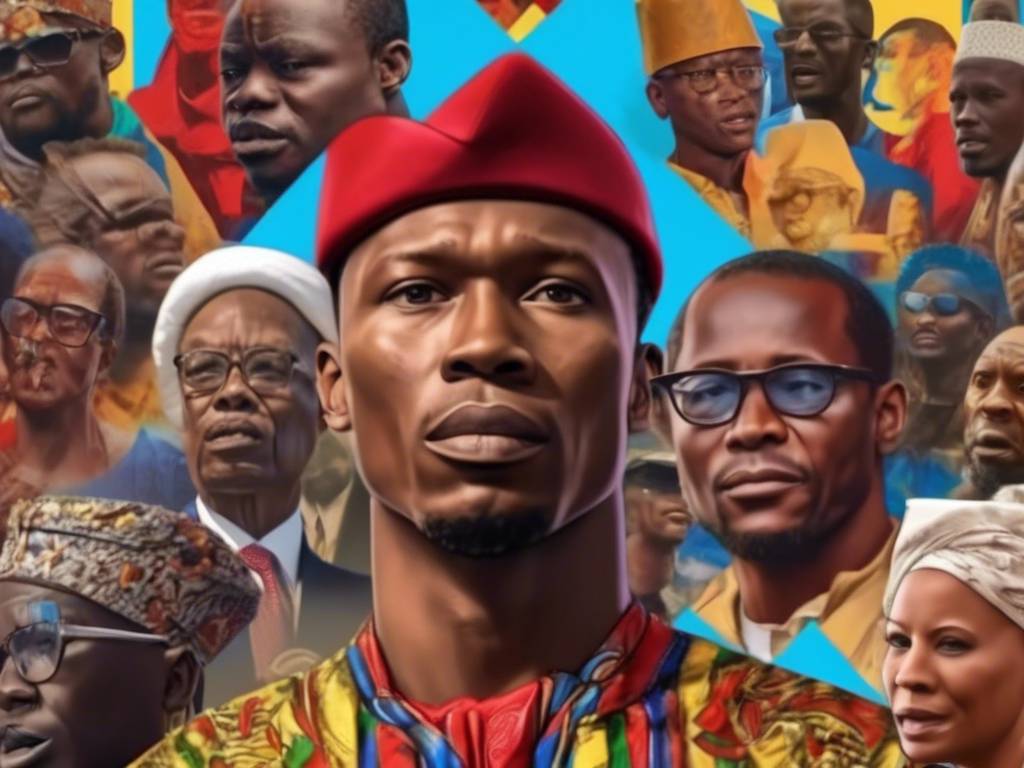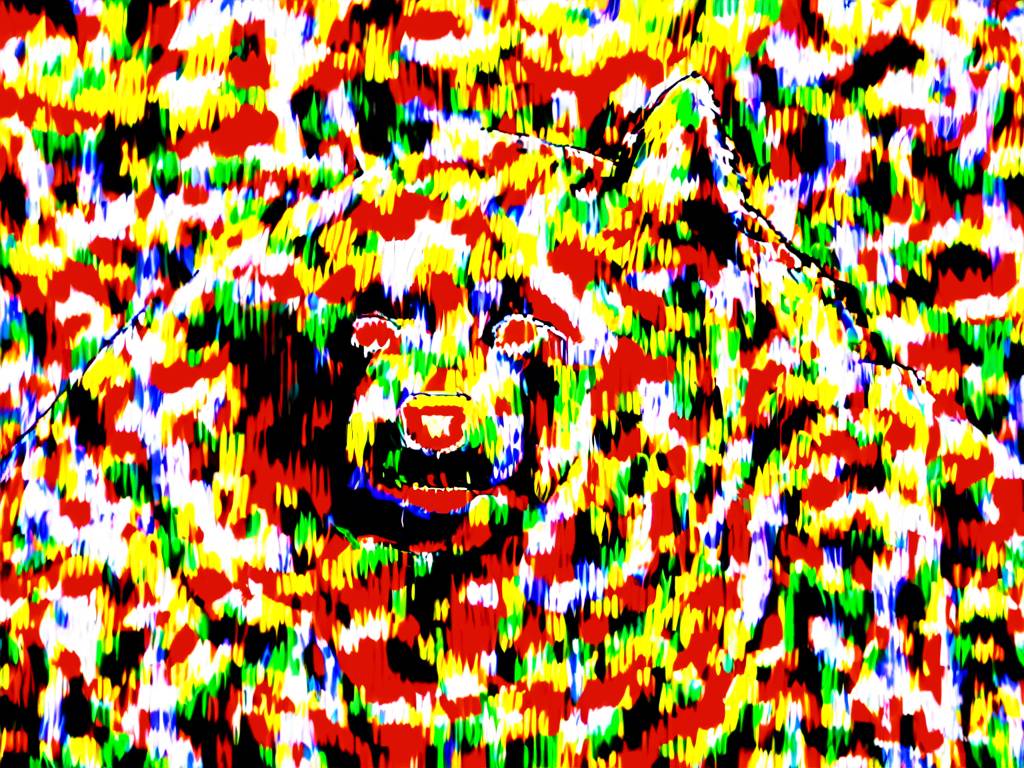The Stakes of Chad’s Election
Chad is set to hold presidential elections on Monday, marking the first time in a series of coup-stricken countries in Central and West Africa to utilize the ballot box to transition from military rule. Against a backdrop of militant violence in the region and Russia’s pursuit of influence, this election holds significant importance not just for Chad but for global powers as well. Here’s why the outcome of Chad’s election will be closely monitored:
Chad at a Crossroads
Chad finds itself in a delicate position as two superpowers, the West and Russia, vie for influence in the region. The country’s recent political upheavals have led to a shift in alliances, with traditional Western allies being sidelined in favor of closer ties with Moscow. This geopolitical realignment underscores Chad’s strategic importance in a region plagued by instability and conflict.
- Chad’s strategic importance in Central and West Africa
- Shift in alliances towards Russia
- Geopolitical implications for the region
Western Concerns and Russian Interests
For Western powers, Chad’s election represents an opportunity to ensure stability in a volatile region and safeguard their interests. However, Russia’s growing presence poses a challenge to Western dominance, leading to a geopolitical tug-of-war for influence in Chad. The outcome of the election will have far-reaching implications for both Western and Russian interests in the region.
Regional Stability and Power Dynamics
Analysts predict that both regional and Western powers will seek to maintain stability in Chad to protect their strategic positions. However, the complex and fragile nature of the country presents a challenge, as competing interests and local dynamics intertwine in the electoral process.
- Factors influencing regional stability
- Competition between global powers
- Challenges in maintaining stability
Opposition and Human Rights Concerns
Opposition groups in Chad have raised concerns about the electoral process, citing potential irregularities and human rights violations. The government’s decision to postpone elections and allegations of political manipulation have fueled tensions within the country. The recent violent crackdown on protests and the death of an opposition figure have further strained the political climate in Chad.
Boycott Calls and Civil Society Response
Amid growing discontent and allegations of government interference, some opposition parties and civil society groups have called for a boycott of the election. They argue that participating in a flawed electoral process would only legitimize the current regime’s hold on power. However, others believe that engaging in the democratic process is essential to bring about change in Chad.
- Opposition concerns and boycott calls
- Civil society’s role in the electoral process
- Debates on political participation
Hot Take: Chad’s Future Hangs in the Balance
As Chad prepares for its presidential election, the country stands at a crossroads, with competing interests and geopolitical forces shaping its political landscape. The outcome of the election will not only determine Chad’s future trajectory but also have significant implications for regional stability and global power dynamics. Stay tuned as Chad navigates this critical moment in its political history.





 By
By
 By
By
 By
By


 By
By